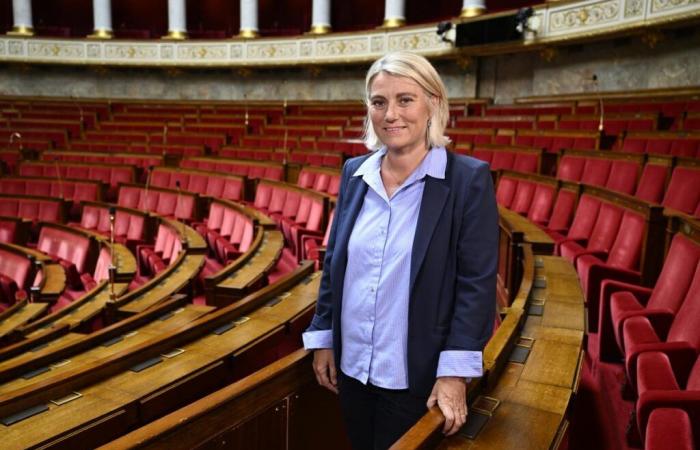What are the challenges of this parliamentary mission?
The objective of the mission is to change the way we look at menopause in our country. It is an ambitious objective, which is not only medical.
Firstly, this involves taking stock of the situation, to understand how women are made aware. You should know that 100% of women will have menopause, 14 million women are affected, that is to say 40% of the population. Yet it is a subject that remains taboo. Worse: 94% of women have at least one bothersome symptom; a quarter suffer seriously from it with an impact on their personal and/or professional lives. And if we do not take care of this sudden drop in hormones, the cardiovascular risk is major: heart attack is the leading cause of death in women. Untreated menopause also causes osteoporosis and cognitive disorders. This is an important public health issue. However, only 6% of women take treatment
We will also look at what is being done in France, particularly in Toulouse with Professor Trémollieres. But also abroad. And I launched a consultation of French women, with a survey to be completed online. Secondly, in January and February, the mission will propose actions to be implemented to lift the taboo and raise awareness among all women.
6% of women take menopause treatment
What about medical care?
Of course, we will look at health care, in a more medical part: what health course, which professionals can take care of them, how to improve the taking of hormonal treatment, what other non-drug measures can be recommended to improve quality of life.
-Only one in two women talk to their husband about it
How can we explain that the subject is still so taboo?
It’s a taboo on many levels. A personal taboo first. The proof: only one in two women talk about it to their husband. But it is also a professional taboo, which deters 10% of women from accepting a promotion. It’s almost early retirement! According to a study conducted by the World Economic Forum in 2024, if all menopausal women were treated, we would save 170 billion in global GDP.
In France, menopausal women are devalued, considered useless. We have a lot of work to do, starting with education, to reverse stereotypes and not confine women to their procreative role. Conversely, in certain African community societies, the situation is reversed: at the age of menopause, women can be elected to the council of elders. Which is quite consistent: at 50, women have children who are already grown up, even adults, they should have a more important place in society.
Finally, there is the issue of training professionals and society as a whole, which considers that menopause is not a subject. To quote Emmanuel Macron, if men had menopause, care would have been improved a long time ago.




